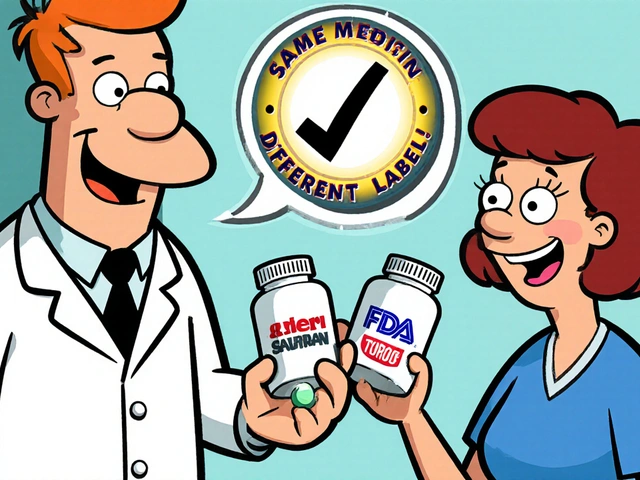Blood Pressure Basics & How to Keep It in Check
Ever wondered why your doctor keeps talking about those two numbers? Blood pressure is the force your heart uses to push blood through vessels. When it’s too high, you’re more likely to face heart attacks, strokes, and kidney problems. The good news? Small daily tweaks and the right meds can bring those numbers down and keep you feeling great.
What Blood Pressure Numbers Mean
Systolic is the top number – it shows the pressure when your heart beats. Diastolic is the bottom number – it records pressure when the heart rests between beats. A reading below 120/80 mm Hg is normal. Once you hit 130/80 mm Hg, you’re entering stage 1 hypertension, and 140/90 mm Hg or higher signals stage 2. These cut‑offs help doctors decide when to start medication or push lifestyle changes.
Readings can jump after a cup of coffee, a stressful call, or a workout. That’s why doctors usually take a few measurements over weeks before labeling you hypertensive. Keep a log of your home readings; patterns tell a clearer story than a single spike.
Medication Options You Might See
If lifestyle tweaks aren’t enough, meds become a key player. You’ll often hear names like Hyzaar, Losartan‑Hydrochlorothiazide, or Bisoprolol. Hyzaar combines losartan (an angiotensin‑II blocker) with hydrochlorothiazide (a diuretic) to relax blood vessels and help the kidneys get rid of excess fluid. Losartan‑Hydrochlorothiazide alone works similarly, and many people compare it to other blood‑pressure pills to find the best fit.
Beta‑blockers such as Bisoprolol Fumarate slow the heart rate, lowering the force of each beat. They’re great for folks with an over‑active heart or after a heart attack. Each medication has its own side‑effect profile – for example, diuretics may cause extra trips to the bathroom, while beta‑blockers can make you feel a bit tired.
When your doctor prescribes a new drug, ask about dosage, what to expect in the first weeks, and any foods or other meds that might clash. Many people experience a mild drop in blood pressure the first few days, then settle into a steady level.
Beyond prescription pills, some over‑the‑counter supplements claim to help, but evidence is thin. If you’re curious about herbal options, talk to a pharmacist first; some herbs can actually raise blood pressure.
Remember, the best plan mixes diet, activity, stress control, and meds when needed. Aim for a dash of salty foods, a handful of fruits and veggies, and at least 150 minutes of moderate exercise each week. Cut back on alcohol and quit smoking – both give your blood pressure a nasty boost.
Feeling overwhelmed? Start by checking your home monitor, jotting down a week’s readings, and scheduling a chat with your doctor. Bring any questions about Hyzaar, Losartan‑HCTZ, or Bisoprolol, and you’ll walk out with a clear, personalized roadmap.
Ready for deeper dives? Browse our articles on Hyzaar benefits, Losartan‑Hydrochlorothiazide vs. other meds, and practical tips for lifelong blood‑pressure control. You’ve got the info – now take charge of your heart health.




